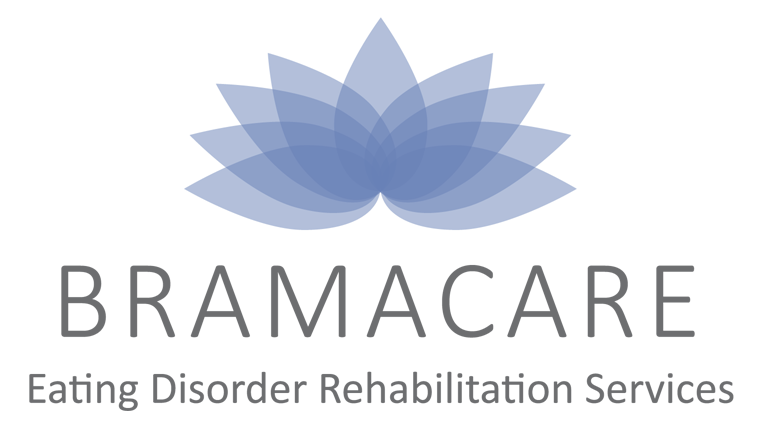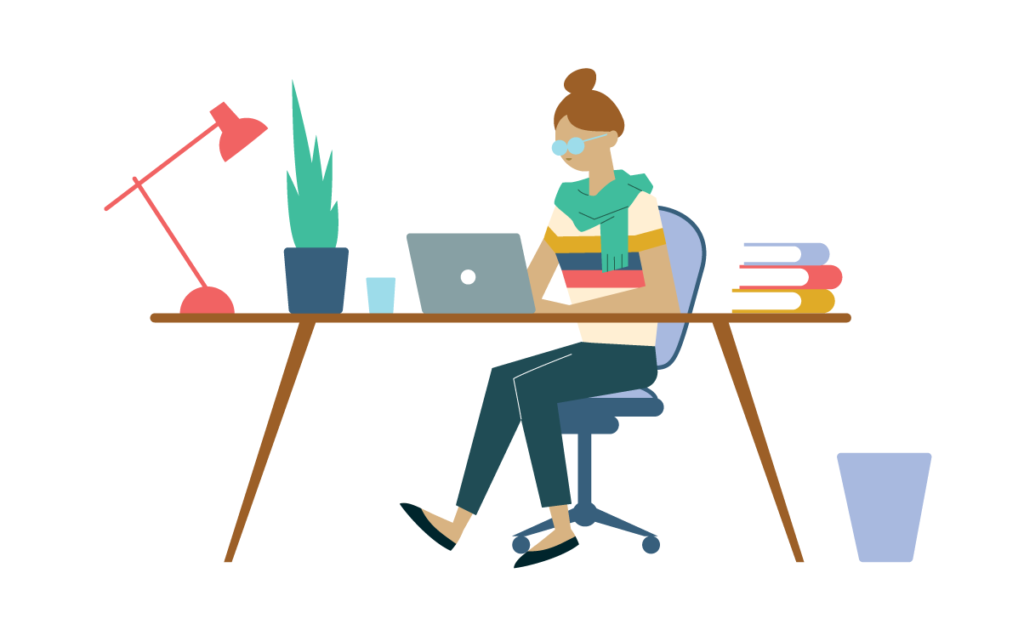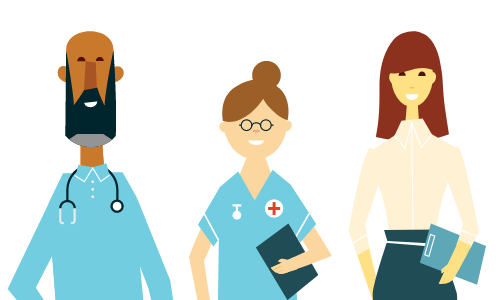Dietician Laura Coster is sharing insight in her role at Bramacare, a specialist eating disorder service in Ipswich, and how she supports patients to eat well towards their recovery.
The insight is shared as part of Nutrition and Hydration Week (13-19 March 2023) to encourage greater understanding of eating disorders as a mental health condition. Nutrition is a critical part of the care plan for adults with eating disorders, supporting them to regain physical health while overcoming the mental challenges they face daily with food and drink.
Below, Laura Coster explains her role at Bramacare and how she supports patients to manage their eating disorder.
What do you do in a typical day as dietician at Bramacare?
“I meet each patient individually to check on progress towards their goals, and I often sit and eat lunch with patients so I can understand their challenges. I work closely with the wider team at Bramacare, particularly our chef who freshly prepares nutritious meals that meet patients’ dietetic care plans.”
How do you support people towards eating disorder recovery?
“My role is to help ensure we are giving the person’s body the nutrition that it needs so they can physically be well, as well as the mental energy reserves and strength that is required for therapy and other activities which are key to recovery.
“I do this by co-creating nutritious meal plans with patients, using a combination of foods they feel safe with but also foods that their eating disorder fears. We do this gradually and it involves a lot of nutrition myth-busting, ultimately to build evidence that what their eating disorder tells them isn’t true and is unhelpful.”
What do you enjoy most about your role at Bramacare?
“Often when I have a session with someone it’s metaphorically like talking them off a cliff’s edge. I love when patients realise I am truly working with them, I acknowledge how real their fear is and I can genuinely help them through it. It’s so rewarding to re-empower people against their eating disorder one step at a time, helping the impossible to feel manageable again.”
Why is it so important for people with eating disorders to maintain a healthy diet? How do you encourage positive eating habits?
“It’s incredibly sad but the truth is that anorexia nervosa has the highest death rate of any mental health condition. Other eating disorders also have life-threatening consequences. The side-effects can happen gradually but I see people become physically weak and mentally exhausted where they’re unable to keep up with what they enjoy in life, it can have a devastating effect.
“I encourage positive habits by asking people to tell me what their eating disorder is holding them back from, I tap into that existing motivation and help them to amplify it. Then I accompany that with a nutrition plan to challenge the eating disorder and support the patient towards physical and mental recovery.”
Are there misconceptions about what a ‘healthy diet’ looks like?
“I think that a healthy diet is one that allows you to feel your best physically and mentally. That can look very different for many people, what is ‘healthy’ for one may not be right for another.
“I always tell my clients that ‘comparison is the thief of joy’ and to not compare their own needs to others.”
What do you think about the media/social media’s role in encouraging negative body image?
“I’ve had so many clients who feel their unhelpful eating behaviours and thoughts were worsened by social media. I advise my clients to stay off ‘health’ social media unless it’s someone who is posting eating disorder recovery support AND if they think it’d help them. There is no ‘perfect’ and chasing that will only leave them disappointed.”
What one message would you say to people who feel that they may need support?
“You’re not alone and support is out there. Your GP and eating disorder charities like BEAT would be the first places for help. There’s a difference between disordered eating and a diagnosable eating disorder, but if you’re struggling it is so important to speak up, share with friends/family and seek help.”






